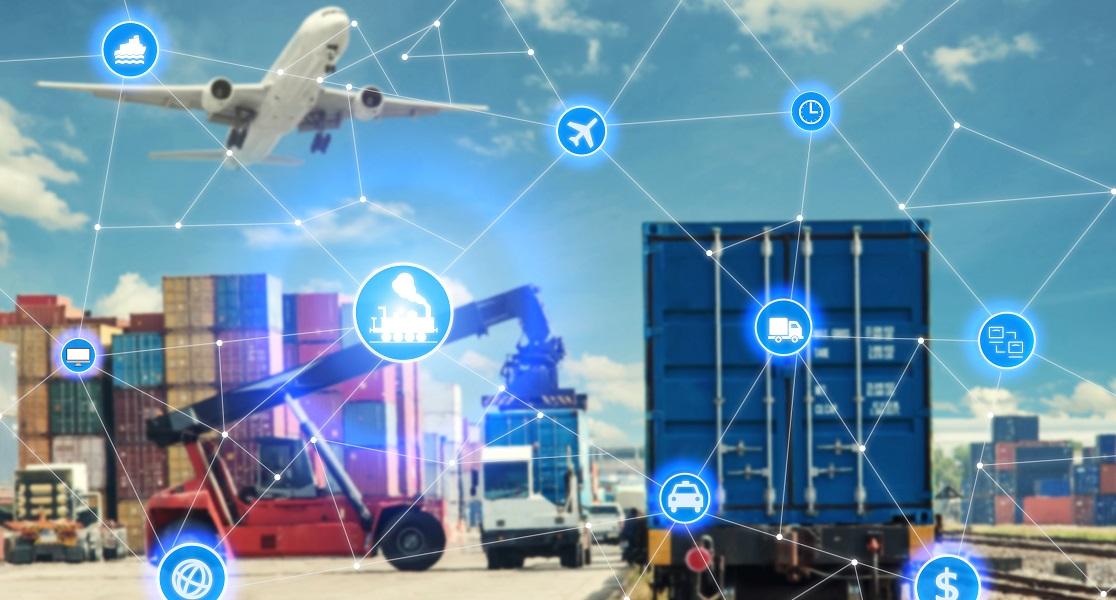
Smarter email, faster business.
Trending
Aviation Industry Adopts Blockchain to Enhance Operational Security

Aviation Industry Adopts Blockchain to Enhance Operational Security
The aviation sector is experiencing a significant digital transformation, with blockchain technology emerging as a pivotal tool to improve operational security and efficiency. Airlines, airports, Maintenance, Repair and Overhaul (MRO) providers, manufacturers, and lessors are increasingly turning to blockchain’s decentralized framework to foster greater transparency, streamline processes, and build trust across the industry.
Expanding Applications and Market Momentum
Blockchain’s influence is particularly evident in cargo and baggage tracking, where the demand for real-time traceability and transparency in aviation logistics continues to grow. Beyond logistics, the technology is gaining traction in passenger identity management, e-ticketing, aircraft maintenance, and revenue-sharing models. Blockchain-enabled transactions, including smart contracts, travel insurance, and ticket tokenization, are valued for their capacity to automate workflows and enhance security measures.
The aviation blockchain market is experiencing rapid growth, supported by global airport expansions and increased investments in aerospace infrastructure. Industry stakeholders have responded positively, engaging in strategic partnerships and investments aimed at accelerating the adoption of blockchain solutions.
Regional Trends and Competitive Landscape
North America currently leads the aviation blockchain market, driven by advanced technology adoption and a strong airline industry. Meanwhile, the Asia Pacific region is projected to achieve the fastest Compound Annual Growth Rate (CAGR), fueled by rising air travel demand and significant investments in regional aviation infrastructure.
In response to these developments, competitors are forming alliances and investing heavily in blockchain initiatives to secure a competitive advantage as the technology becomes integral to aviation operations.
Navigating Challenges
Despite the promising outlook, the integration of blockchain technology faces notable challenges. Incorporating decentralized systems into existing legacy infrastructure demands considerable coordination and financial investment. Additionally, regulatory frameworks are still evolving, prompting industry participants to collaborate closely with authorities to ensure compliance and address security concerns.
Industry Perspectives
Reflecting on the convergence of blockchain, cryptocurrency, and travel, Cryptorefills CEO Massimiliano Silenzi remarked in September 2024 that blockchain founders, professionals, and digital nomads represent key segments driving cryptocurrency purchases. He emphasized that their new offerings aim to capture the increasing travel demand observed on their platform, whether for professional purposes such as attending industry events or for personal travel aligned with a nomadic lifestyle.
Looking Ahead
As blockchain technology continues to mature, its integration within the aviation sector promises to revolutionize both passenger experiences and backend logistics. While challenges remain, the industry’s dedication to innovation and collaboration indicates a future where air travel becomes safer, more efficient, and markedly more transparent.